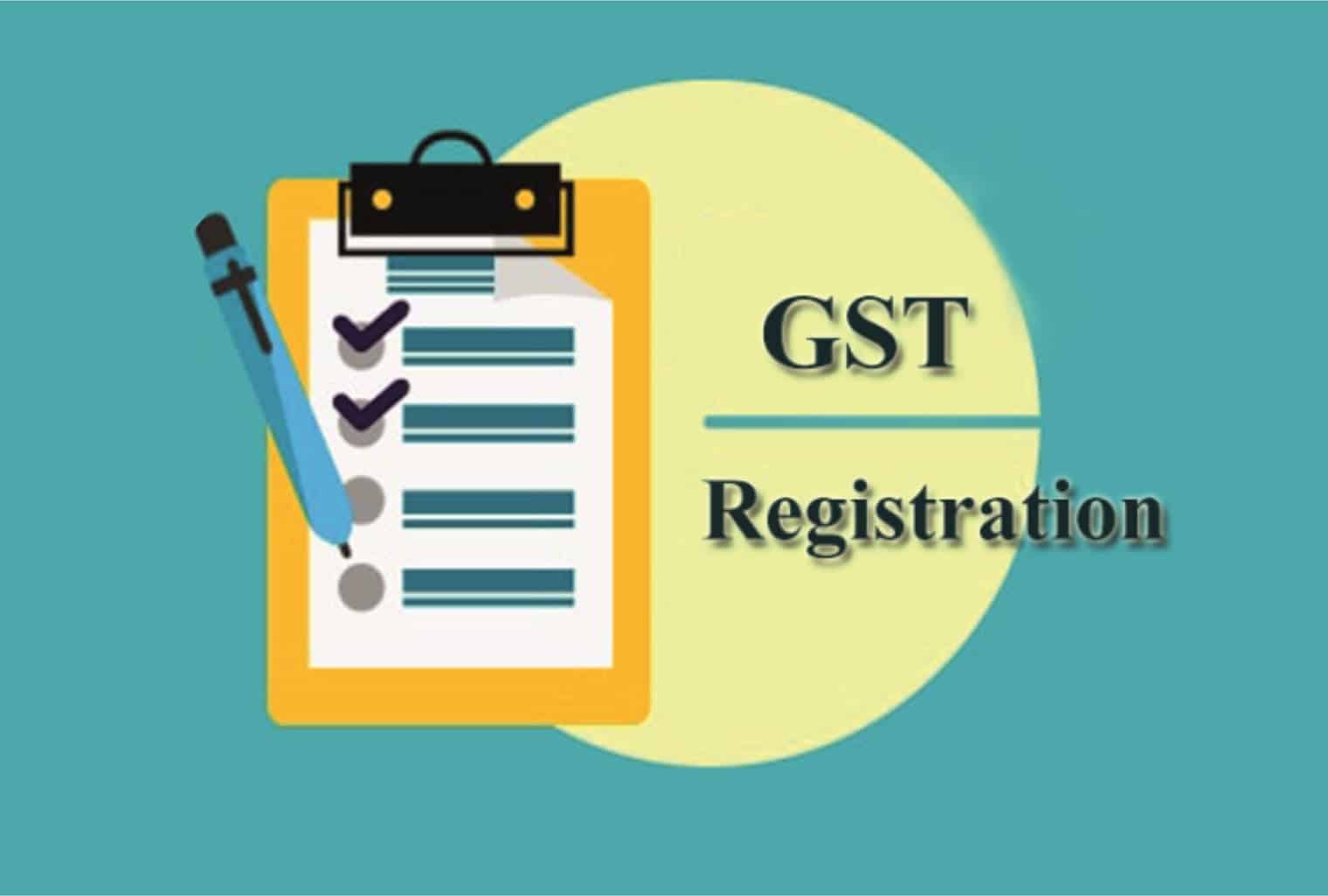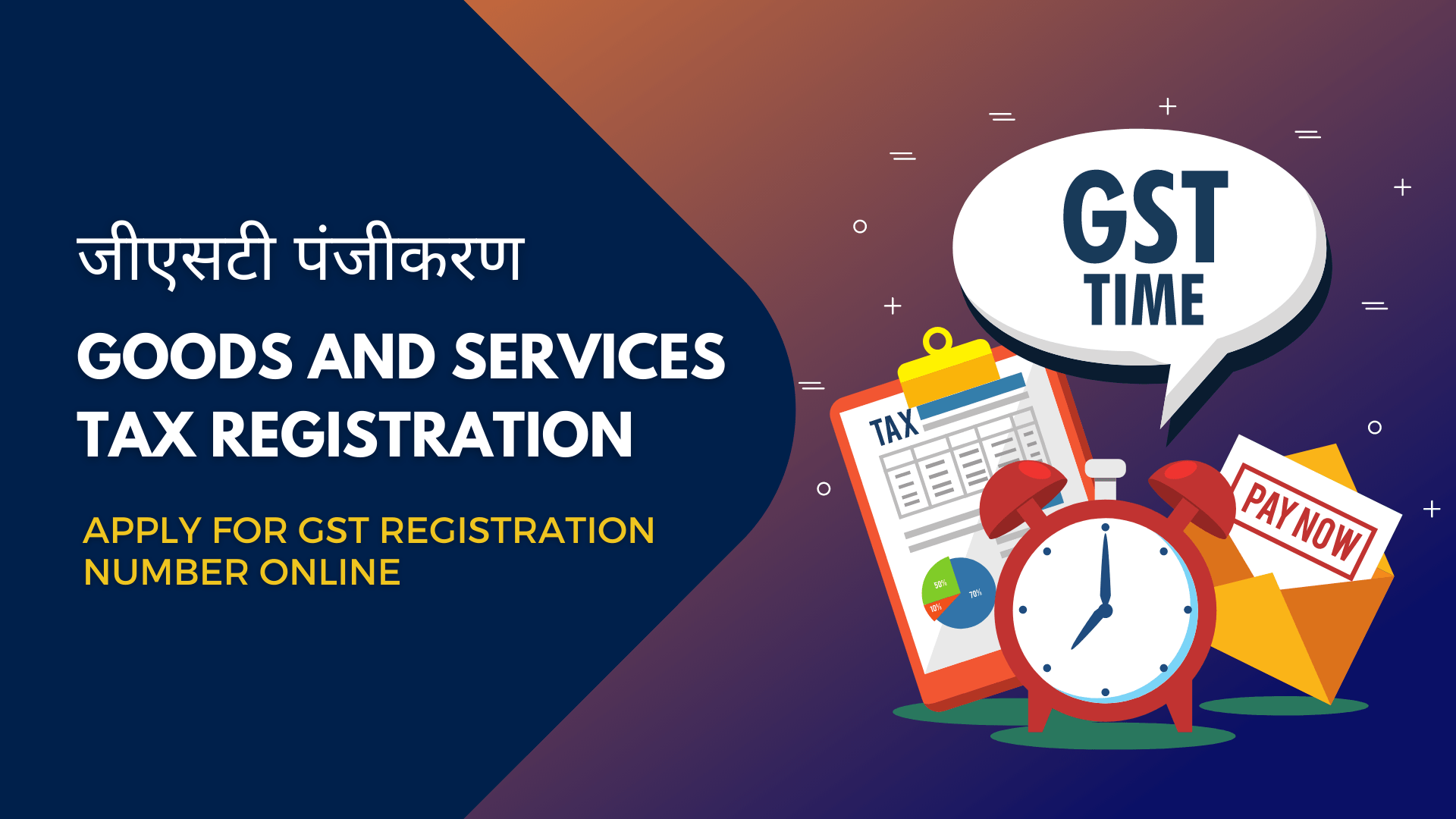Why Choose CFO Account & Services for GST Registration in Singapore: Top Conveniences Explained
Why Choose CFO Account & Services for GST Registration in Singapore: Top Conveniences Explained
Blog Article
Browsing the Intricacies of GST Registration: A Comprehensive Guide for Entrepreneur
Browsing the intricacies of GST registration can be an overwhelming task for many company owner, as it entails a myriad of regulations, regulations, and refines that must be stuck to. With the ever-evolving landscape of tax obligation regulations, making sure conformity and comprehending the details of GST registration is important for the smooth procedure of any type of organization. From establishing qualification and collecting the essential documents to maximizing procedures for optimal effectiveness, this extensive overview intends to give business proprietors with the knowledge and devices required to navigate the intricacies of GST registration effectively.
Qualification for GST Registration
Company owners have to fulfill particular requirements to establish their qualification for GST registration. In general, services with a yearly turn over exceeding a certain threshold are needed to sign up for Item and Provider Tax (GST)
Moreover, services that are registered under any kind of previous tax regimen, such as VAT or service tax obligation, are typically required to transition to GST enrollment. By sticking to the required standards, companies can efficiently navigate the intricacies of GST registration and run legally within the tax framework.
Documents Needed for Enrollment
To complete the GST enrollment procedure, companies need to collect and send a comprehensive collection of documents. The key papers needed for GST registration normally consist of proof of service enrollment or unification such as the Certificate of Unification, collaboration deed, or any type of various other enrollment certification.
In addition, specific files connected to the nature of business, such as a list of goods or solutions provided, HSN codes for items, and SAC codes for services, may be needed - Why choose CFO Account & Services for GST registration in Singapore. It is critical for businesses to ensure that all files submitted are precise, current, and in the suggested format to prevent any kind of delays or issues in the GST registration procedure
Refine of GST Enrollment
Having actually assembled the requisite documentation, companies proceed to initiate the GST registration process by engaging with the online portal marked for registration. This online site is the Product and Services Tax Obligation Network (GSTN) website, which works as the key platform for all GST-related tasks in India. Upon accessing the website, businesses are called for to fill in the GST enrollment type with accurate information regarding their business tasks, turnover, and various other relevant details.
When the form is finished and submitted on the portal, the GSTN validates the details provided by the organization. The candidate may be called for to provide added information or explanation if any disparities are located. Adhering to successful confirmation, a GST enrollment certification is provided to business entity. This certificate has a special Item and Solutions Tax Identification Number (GSTIN) that is utilized for all GST-related deals.
It is vital for businesses to make sure home that the details provided during the GST registration process is accurate and up to date to stay clear of any type of prospective problems or delays in obtaining the GST registration certification.
Understanding GST Compliance

Businesses need to be familiar with the different GST compliance requirements based on their turnover, nature of solutions or goods, and the states in which they run. It is crucial to stay updated on any modifications in GST legislations and guidelines to protect against any non-compliance issues.
Non-compliance with GST regulations can cause hefty fines, penalties, and also lawful effects. Therefore, businesses should spend time and sources in enlightening themselves and their personnel on GST conformity. Looking for specialist support from tax obligation consultants or specialists can also assist in navigating the complexities of GST conformity and ensuring that organizations run within the lawful structure.

Tips for Optimizing Service Operations
For improved efficiency and efficiency in business operations, calculated planning and streamlined processes are essential components. One suggestion for maximizing company procedures is to leverage modern technology efficiently (Why choose CFO Account & Services for GST registration in Singapore). Carrying out the ideal software program options can automate repetitive tasks, enhance accuracy, and enhance overall operations efficiency. In addition, carrying out normal performance assessments and gathering comments from workers can give valuable insights for identifying bottlenecks and areas for improvement.
Another vital aspect is focusing on tasks based on their relevance and due dates. By creating a clear power structure of jobs and establishing realistic timelines, companies can guarantee that essential activities are completed on schedule. Cultivating a society of open interaction and partnership amongst team participants can lead to boosted effectiveness and development.

Verdict
In conclusion, navigating the complexities of GST enrollment requires a clear understanding of eligibility requirements, required papers, enrollment procedures, and compliance demands. By adhering to these standards and optimizing organization procedures, business proprietors can guarantee smooth find out here now procedures and compliance with the GST regulations. It is important for businesses to stay informed and updated on GST laws to visit this web-site avoid any kind of penalties or legal problems.
The essential documents needed for GST enrollment normally include proof of company enrollment or consolidation such as the Certificate of Consolidation, collaboration deed, or any type of other enrollment certification.Having actually assembled the requisite documents, organizations proceed to launch the GST enrollment procedure by involving with the online website assigned for enrollment. Upon accessing the portal, businesses are required to load out the GST enrollment kind with accurate information concerning their company tasks, turn over, and other relevant info.
In order to preserve adherence to GST regulations and avoid penalties, companies should prioritize understanding GST compliance. By sticking to these standards and enhancing organization operations, organization proprietors can guarantee smooth procedures and compliance with the GST policies.
Report this page